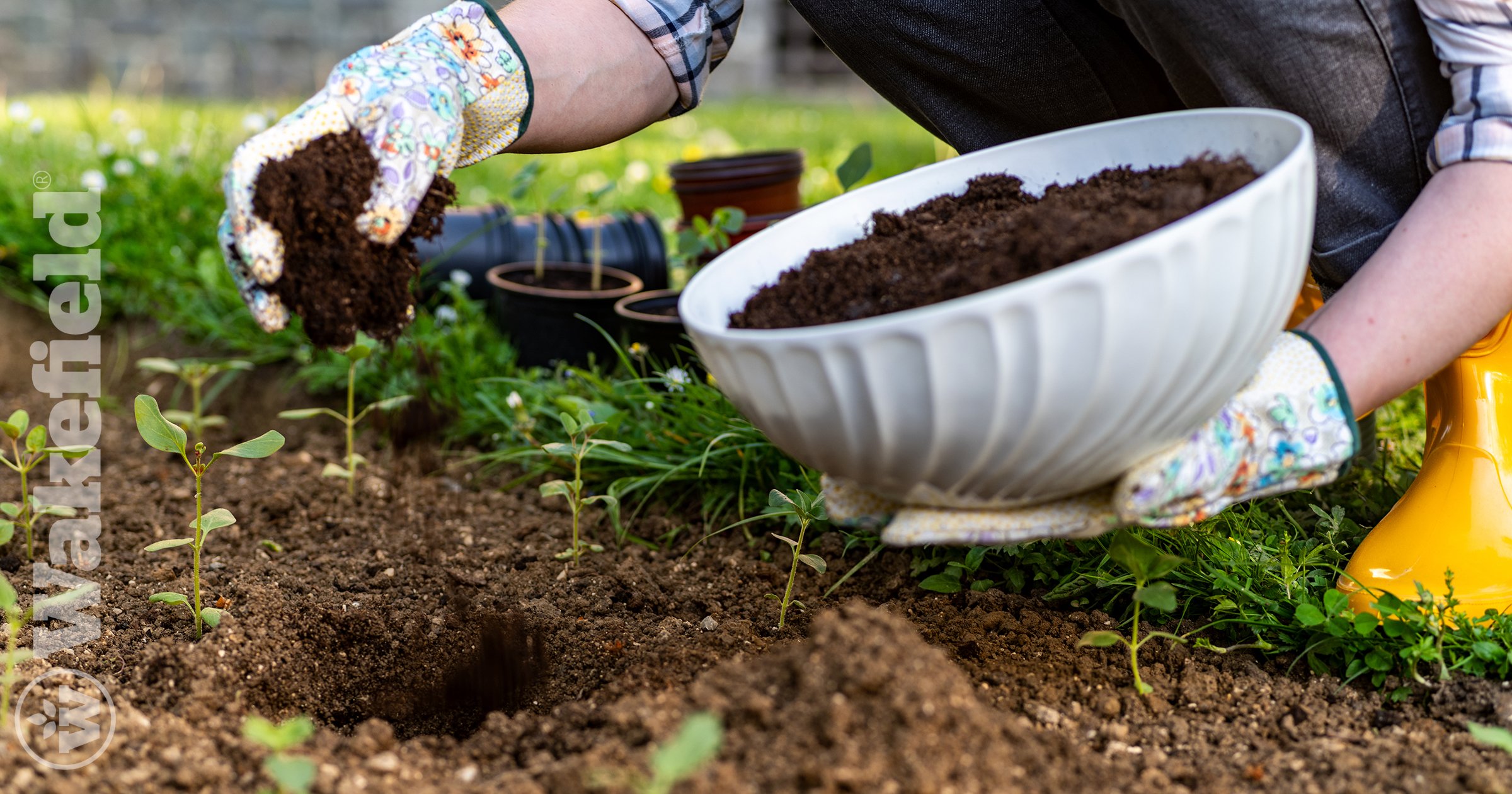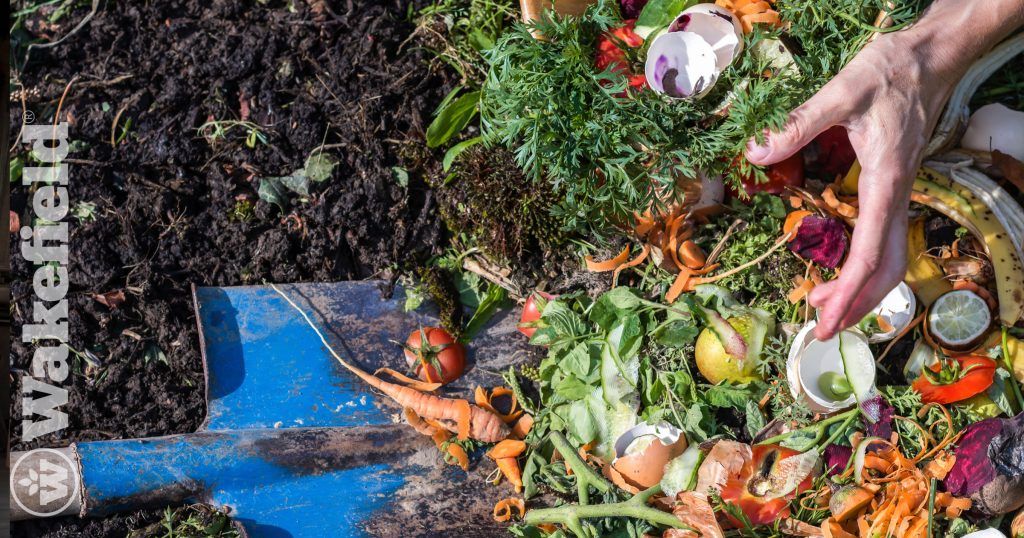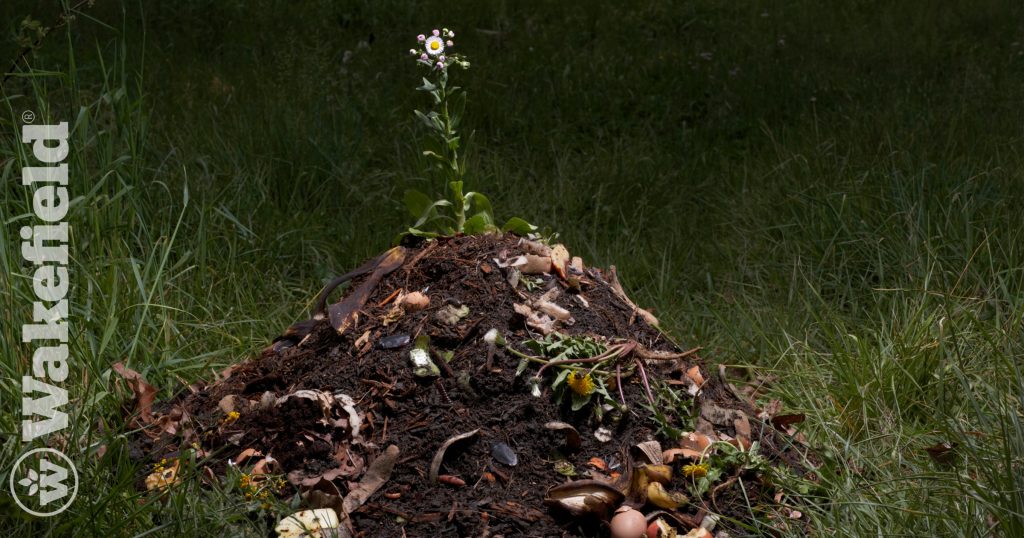How to Use Biochar

At Wakefield BioChar, we know the right soil amendment can make all the difference. Our all-natural, plant-based biochar is designed to revitalize your garden, trees, and lawn. Let’s explore how to use biochar effectively and uncover its exciting additional benefits!
How to Use Biochar for Maximum Impact
For newly planted lawns, mix one cubic foot of biochar into every 100 square feet of soil, ensuring it penetrates two to four inches deep. The same goes for trees and shrubs—add biochar to the root zones to give them a strong start. In garden beds, mix biochar four to six inches deep into the soil. One cubic foot is enough for a four-by-eight-foot garden bed. Water well for the first week to activate its full potential.

Enhance Compost and Lawn Care
Combine biochar with compost to supercharge your soil. Biochar’s excellent absorption locks in nutrients, keeping them in the soil where they belong. For existing lawns, aerate the soil, spread biochar, and rake it in. Keep the soil moist with regular watering for the next week. One cubic foot of biochar covers about 375 square feet of lawn, giving it the boost it needs to stay green and healthy.
Essential Safety Tips
When handling biochar, wet it before use to minimize dust, and store it in a dry, cool place away from flammable materials. These simple precautions make your application safe and effective.
Composting Toilets and Livestock Bedding
Biochar is perfect for composting toilets, whether you’re camping or seeking an eco-friendly alternative at home. It controls odors and absorbs waste, making it a sustainable option that can be composted afterward. Additionally, biochar is excellent for livestock bedding. It absorbs liquids and neutralizes odors, and when mixed with manure, it creates nutrient-rich compost that benefits plants and crops.
Aquaponics
In aquaponics, biochar enhances nutrient uptake, leading to faster, healthier plant growth. It’s a fantastic addition to any sustainable fish farming setup, ensuring a balanced and thriving ecosystem.
Wakefield BioChar: Your Go-To for Sustainable Solutions
Whether for home use or wholesale, Wakefield BioChar provides the products you need to enrich your soil and support plant health. We’re here to answer your questions and help you discover how biochar can benefit your landscape and the environment.
Wakefield also produces industrial and micronized biochar for advanced uses such as coatings and composites.






